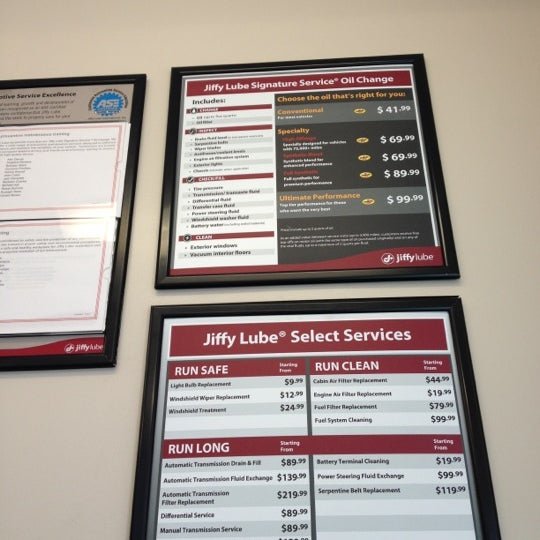Manufacturing industry has transformed into a technology-first industry in recent years. It has opened new openings for people trained in digital manufacturing technologies. However, digital manufacturing companies face an uphill task in aligning their practices with this new reality. To help move the right talent to the right manufacturing job, let us look at a HR checklist to guide you through the process.
HR Checklist for digital manufacturing companies
Every company engaged in digital manufacturing needs skilled and talented employees who know the art of making top-quality products and know how to leverage the technology, tools and applications which they use. The check-list focuses on the strategies the company can explore to build a strong digital-focused workforce.
1. Reskilling and Upskilling Programs
The first step on the HR checklist is to assess the current skill sets of your workforce and identify any gaps that need to be addressed. Your primary focus should be reskilling and upskilling in automation, robotics, data analytics, and artificial intelligence. Collaborate with training providers and online learning platforms to provide comprehensive learning opportunities. By investing in your employees’ development, you’ll create a workforce that is well-prepared for the digital manufacturing landscape.
2. Talent Acquisition and Retention Strategies
The next step on the HR checklist is to develop a strong employer brand that showcases your commitment to digital transformation and create exciting career prospects. This will attract the best talent in the industry leading to long term engagement.
Seek out candidates with experience in digital manufacturing or transferable skills that can be adapted to this new environment. Once you’ve assembled your digital dream team, focus on retaining top talent through competitive compensation packages, flexible work arrangements, and a supportive work culture.
3. Adapting Performance Management Systems
The third step on your HR checklist is to ensure you have the latest performance management systems. Such an approach is necessary as digital manufacturing companies need to be agile and hence incorporate continuous feedback, goal alignment, and skill development.
Therefore, regular performance discussions have to include feedback sessions as a way to empower employees to gain insights of their strengths and areas for improvement. Digital tools for performance tracking and data analysis provide reliable insights and avenues for talent development.
4. Fostering a Culture of Innovation
Innovation should drive the core processes of your digital manufacturing company. To achieve such an objective you should structure a creative work environment, welcome experimentation, and collaboration. You should have open platforms for knowledge sharing and learning, including seminars, workshops, and internal training programs. Recognizing the efforts of the learning talent and rewarding innovative contributions drive meaningful change in the workforce.
5. Nurturing Leadership and Change Management
For an effective digital manufacturing HR integration you will need to have great leadership and change management. Leaders with the skills and mindset for transformation will be ideal and can be given opportunities with leadership development programs. Add-on coaching to equip managers with the necessary skills are ideal to guide teams through change. Keeping employees in the loop of communication about changes and the impact on their roles and responsibilities is important.
Thus, this HR-checklist will help manufacturing companies to transform into digital processes and ensure the workforce is well coordinated for the fast-track work culture that is also open to innovation and smart workflow maintained by digital tools.
Conclusion
By following this comprehensive HR checklist for integrating digital manufacturing, organizations can find workforce solutions for the emerging digital ecosystem. It is necessary to have the skilling and upskilling avenues to attract and retain top talent, adapt performance management systems, foster a culture of innovation, ensure cybersecurity and data privacy, embrace remote work and virtual collaboration, and nurture leadership and change management.




